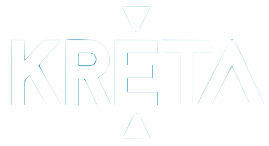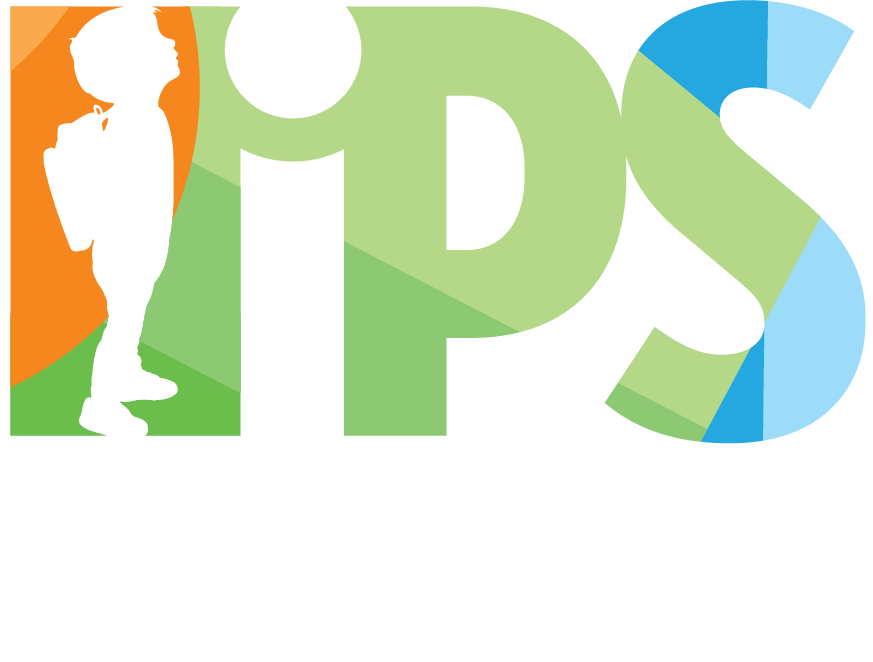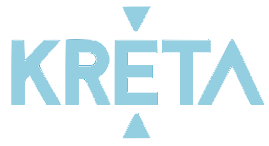IPC
Szeged IPS follows the International Primary Curriculum (IPC), a globally recognized educational program developed by Fieldwork Education for children aged 5–11. It is used by more than 2,000 schools in over 90 countries.
More information: https://internationalcurriculum.com/
Key facts about IPC:
-
The IPC’s goal is to develop each student’s intellectual capacity to the fullest by teaching through thematic units rather than traditional subjects.
-
It covers a wide range of topics by integrating Geography, Science, History, Music, Art, Design, Technology and ICT into a single unit. This interconnected approach helps children discover relationships between concepts. The more connections they make, the better they learn.
-
IPC teaches children how to think, not what to think.
-
It uses innovative methodology, focusing on hands-on activities where teachers work alongside students, moving away from traditional lecture-based methods.
-
The program develops transferable skills such as critical and creative thinking, with a strong emphasis on collaborative learning.
-
Each learning unit is carefully designed to cover a wide range of engaging topics that excite both students and teachers.
-
A unit typically lasts 4–8 weeks, with around 6–8 units covered in a school year.
-
There are three Mileposts to ensure content and learning objectives are developmentally appropriate.
-
At the start of every IPC unit, parents receive a letter outlining the topic and how they can support learning at home.
-
Each unit begins with an Entry Point — a series of fun, engaging activities to spark curiosity and excitement.
-
This is followed by a Knowledge Harvest, an activity designed to assess what the children already know, and identify areas where more focus is needed.
-
After this, students dive into the core learning tasks, which include both research and recording activities, each lasting 1–4 lessons.
-
At the end of each unit, students complete an assessment quiz or task, which evaluates their knowledge, skills, and understanding based on the clearly defined learning goals for their Milepost.
-
Students are assessed according to three levels of achievement: Beginning, Developing, or Mastering. From Milepost 3 (Grades 4–5), students also receive percentage-based evaluations.
-
Each unit concludes with an Exit Point, often a field trip or summary event where children present what they’ve learned — sometimes to other classes or to parents.
What makes IPC special:
In addition to academic learning goals, IPC emphasizes two key areas:
-
Personal Goals: including communication, adaptability, collaboration, empathy, ethical awareness, resilience, and respect. These soft skills are reinforced daily, not only in class but during school-wide events and activities.
-
International Mindedness: cultivated through daily conversations, celebration of global events, and exploring historical and current international challenges and changes.
IPC combines knowledge, skills, and understanding to prepare children for an unpredictable future. Many of the jobs today’s children will do in adulthood don’t yet exist — especially in technology, ICT, and science. IPC focuses on skills-based learning to develop adaptable, flexible, globally-minded learners prepared for the fast-changing world they will grow up in.






